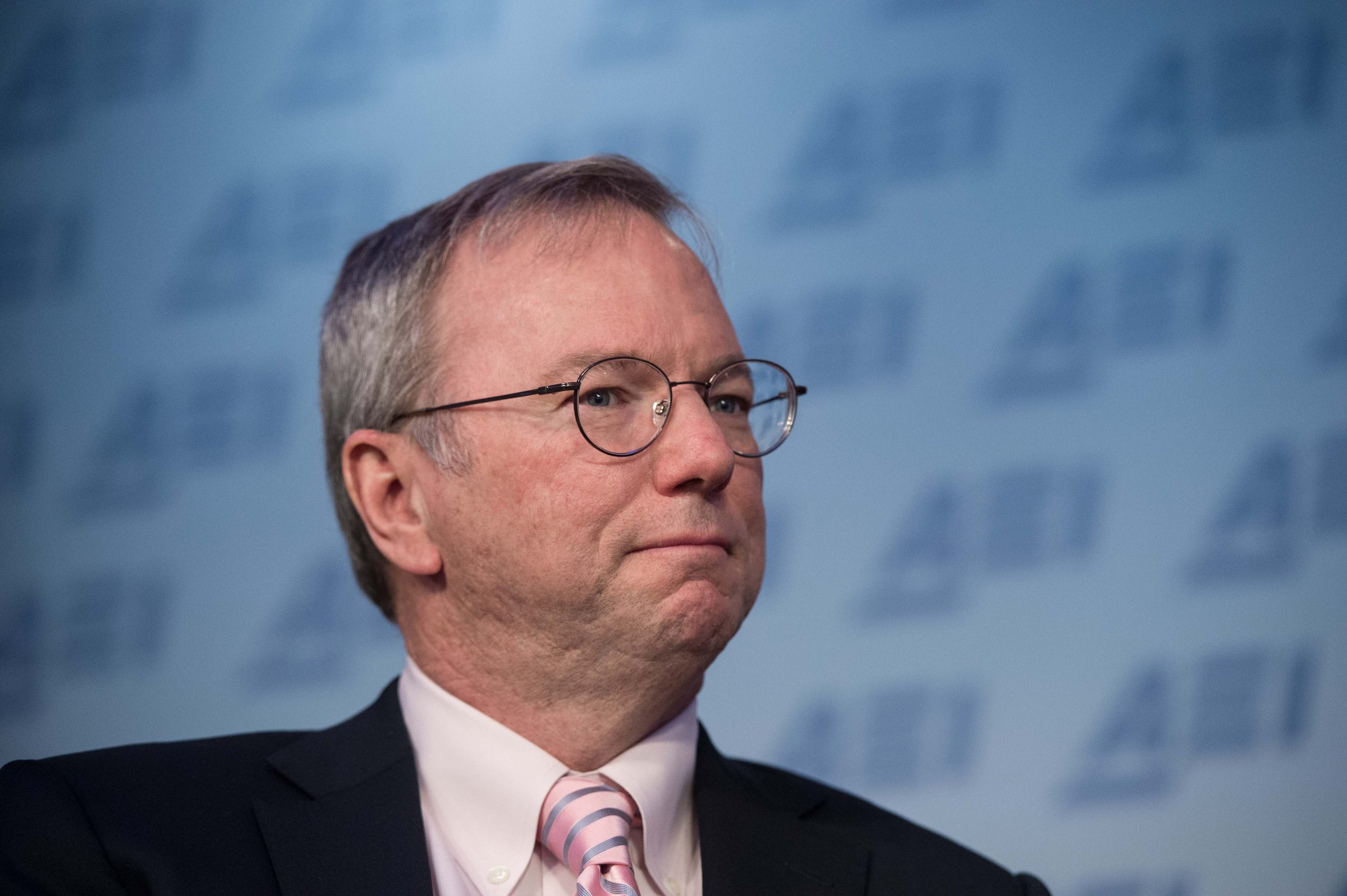
In this week’s issue — and at greater length in his new book, Superpower: Three Choices for America’s Role in the World — TIME foreign affairs columnist Ian Bremmer diagnoses the drift that has afflicted U.S. foreign policy, and the desperate need for a new direction. Bremmer has a few ideas himself, but he also reached out to major figures in international business and government to ask them to complete this sentence:
The biggest problem in American foreign policy today is …
“The growing trend toward isolationism given seemingly endless frustrations with the world.” —Admiral James G. Stavridis, dean of the Fletcher School of Law and Diplomacy at Tufts University
“Maintaining domestic support for American underwriting of an open global system.” —Larry Summers, former U.S. Treasury Secretary
“[That] we focus on states but need a strategy for people too.” —Anne-Marie Slaughter, president of the New America Foundation
“[That] we have substituted comprehensive foreign policy with reactive, improvisational tactics.” —Greg Brown, CEO of Motorola
“[There is] no national alignment, and a leadership vacuum on where we’re going and how to get there.” —Jack Welch, former CEO of GE
“Our inability to develop a bipartisan national strategy and stick with it.” —Jon Huntsman, former U.S. ambassador to China
“Short-term partisanship and a lack of long-term strategy.” —Joseph Nye, former dean of the John F. Kennedy School of Government at Harvard University
“[That] American politics can’t resolve what global power America should be.” —Kevin Rudd, former Prime Minister of Australia
“That it seems to be stuck between self-doubt and stupidity.” —Martin Wolf, chief economics commentator at the Financial Times
“A world in which disruptive non-state actors are as prominent as nation states.” —Mohamed el-Erian, chief economic adviser at Allianz
“The absence of policy consensus coupled with domestic political dysfunction.” —Richard Haass, president of the Council on Foreign Relations
“A bipartisanship deficit, obscuring national strengths and undermining global leadership.” —William Burns, president of the Carnegie Endowment for International Peace
“The lack of prioritization and dedication.” —Javier Solana, former Spanish Foreign Minister
“Our failure to understand how quickly order collapses into chaos.” —Robert Kagan, senior fellow, Brookings Institution
“Believing that there is a U.S.-imposed solution to every problem.” —P. Chidambaram, former Indian Finance Minister
“Reallocating resources [and] leadership from 20th century legacies to address today’s realities.” —Dominic Barton, managing director of McKinsey
“[That] no one totals the immense costs in lives and money accurately.” —Eric Schmidt, executive chairman of Google
“Finding unifying, organizing principles for dealing with a diverse, multipolar world.” —Gary Hart, former U.S. Senator
“Domestic politics/system which impedes development/execution of coherent strategy.” —K. Shanmugam, Singapore’s Minister of Foreign Affairs
“To help reduce geopolitical risks in a period of growing uncertainty and danger in the world system.” —Fernando Henrique Cardoso, former President of Brazil
“The difficulty of focusing on the important rather than the urgent.” —Fareed Zakaria, host of CNN’s Fareed Zakaria GPS
“Not overreacting to terrorism.” —Francis Fukuyama, political scientist and the author of The End of History and the Last Man
“Credibility.” —Jacques Attali, economist and first president of the European Bank for Reconstruction and Development
More Must-Reads from TIME
- Donald Trump Is TIME's 2024 Person of the Year
- Why We Chose Trump as Person of the Year
- Is Intermittent Fasting Good or Bad for You?
- The 100 Must-Read Books of 2024
- The 20 Best Christmas TV Episodes
- Column: If Optimism Feels Ridiculous Now, Try Hope
- The Future of Climate Action Is Trade Policy
- Merle Bombardieri Is Helping People Make the Baby Decision
Contact us at letters@time.com